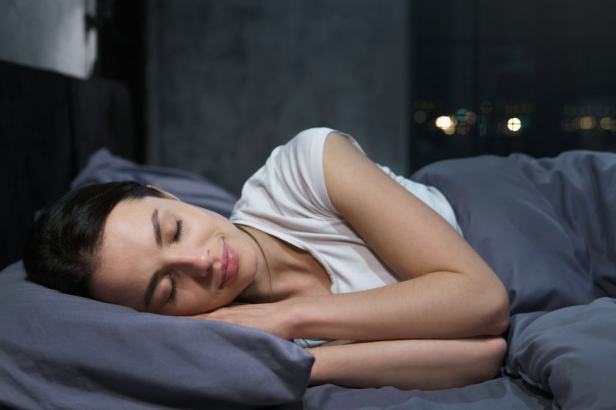
We all know that satisfying feeling of waking up after a good night’s sleep. It’s like an invisible hand has swept away the cobwebs of the previous day, leaving us refreshed and ready to tackle the day ahead. Unfortunately, many people struggle to experience this. Insomnia is a very common condition that affects countless individuals. It is difficult to fall asleep, but even if you manage to drift off, you keep waking up.
Understanding Insomnia: A Deeper Look
Insomnia, while commonly referred to as a sleep disorder, is often more like a stubborn gatekeeper that prevents you from the peaceful slumber you crave. It can stem from various causes – from stress and anxiety to underlying health conditions. The fallout from insomnia is more than just feeling tired. It can affect a person’s mood, concentration, and health. Just like there are multiple causes of insomnia, there are also many remedies.
The Importance of Sleep Hygiene
You’ve likely come across the term ‘sleep hygiene’, but do you know what it actually means? Essentially, sleep hygiene refers to habits and practices that are conducive to sleeping well on a regular basis. This can range from maintaining a consistent sleep schedule, ensuring your bedroom environment is conducive to sleep, to establishing a relaxing bedtime routine.
Simple changes like avoiding electronic devices an hour before bed, reducing caffeine intake, and keeping your bedroom cool and dark can significantly improve your sleep quality. The key is consistency and making these habits a regular part of your lifestyle.
Technological Solutions for Improving Sleep Quality
Why not take advantage of technology in this modern age? Utilizing various sleep technologies such as wearable devices, smart beds, and sleep tracking apps can provide valuable insights into your sleep patterns. These innovative tools monitor important aspects of your slumber like duration, quality, and interruptions – assisting you in comprehending and tackling any issues that may arise.
Psychological Approaches to Addressing Insomnia
The mind is a powerful tool, and using psychological approaches to address insomnia has shown promising results. One treatment of insomnia involves cognitive-behavioral therapy. This treatment helps affected people modify those thoughts and behaviors that disrupt their sleep.
Mindfulness-based therapy is another technique that focuses on calming the mind and body to promote better sleep. One way to alleviate stress and worry before bed is through meditation. These techniques help to promote sleep and are beneficial to overall wellbeing.
Dietary Adjustments and Supplementation
Did you ever consider that your diet could be affecting your sleep? Certain foods and nutrients are known to promote better sleep. Leafy green vegetables, rich in magnesium, can help relax the nervous system and promote better sleep. Melatonin, which regulates sleep as a hormone, can be a beneficial supplement.
The Role of Medical Marijuana in Managing Insomnia
Medical marijuana has become increasingly popular due to its potential to ease different health problems, including those related to sleep.
But before you start exploring medical marijuana as a potential solution, the experts at KindlyMD say it’s important to remember that laws and regulations around its use vary widely. Know that there is a process when considering how to get a medical marijuana card. Just so you do know though, it involves not only a consultation with a healthcare provider but also the need to understand the laws specific to your region.
Conclusion
Improving sleep quality and managing insomnia can feel like an uphill battle, but the variety of innovative approaches discussed here offer hope. From harnessing the power of technology to making lifestyle changes, psychological interventions, and even exploring the potential of medical marijuana, there are many paths you can take to a good night’s sleep.
